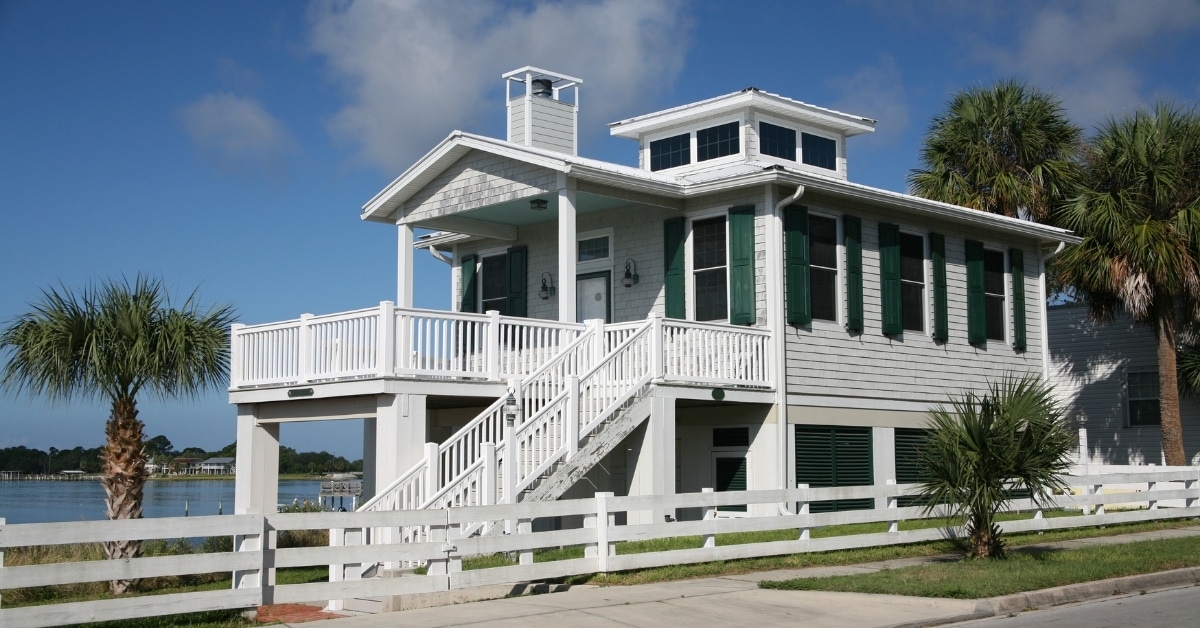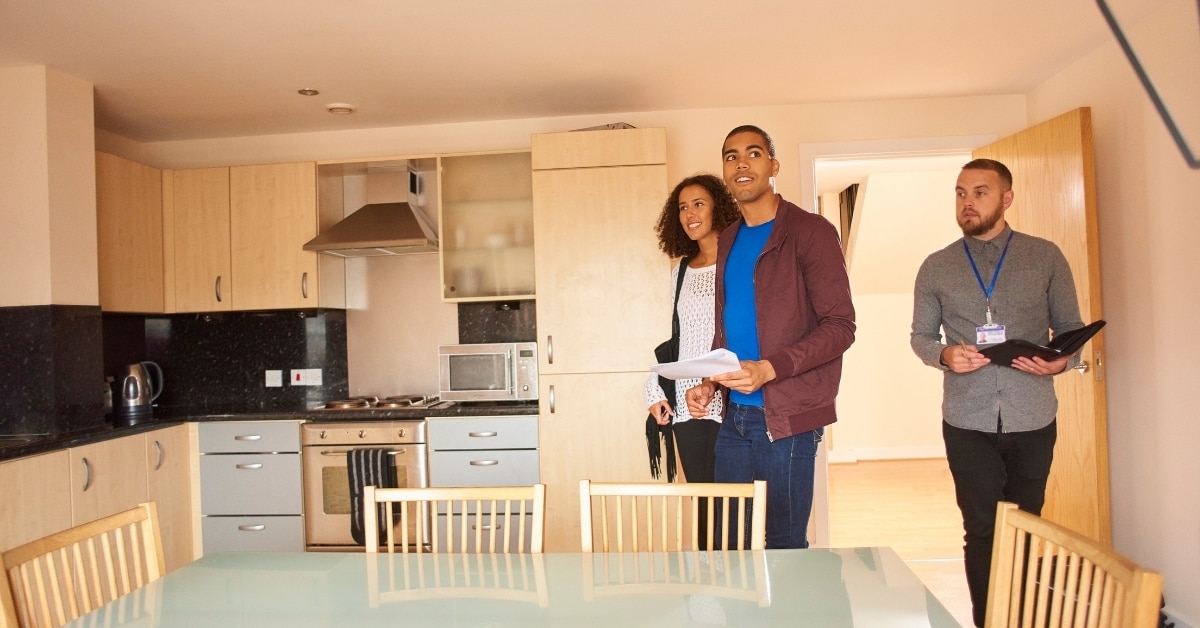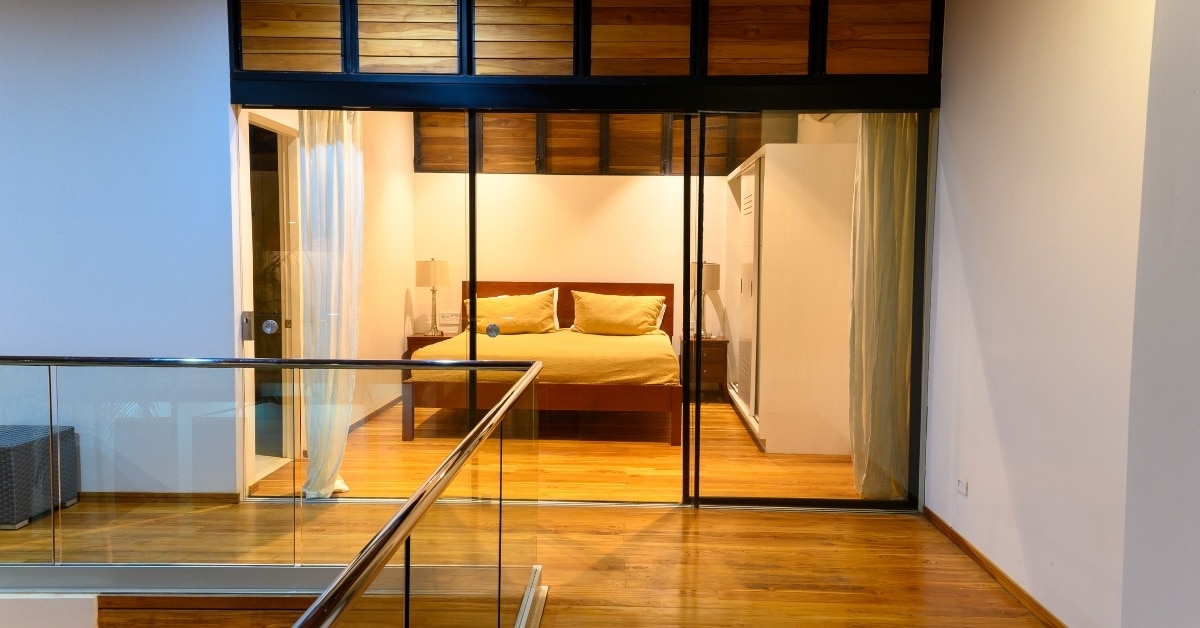Want to know the difference between a second home vs. investment property? These two are entirely different regarding financing, insurance, and usage rights.
The owner uses a second home, while an investment property is purchased to rent or flip and is typically never owner-occupied. Some special loan programs allow purchasing a second home but not an investment property. Others allow both but have different requirements depending on the loan type.
To learn more about the differences between a second home vs. investment property, take a look at this guide. It covers loan requirements, what to look for before buying, and the best areas for each.
In terms of lenders, a second home is a property the owner uses for at least part of the year. Second home and investment property classifications may differ from lender to lender. However, the IRS gives clear definitions.

According to the IRS, a second home is one that an owner lives in for at least 14 days or 10 percent of the time the owner rents it. So, if you rent a home for 300 days per year, you would need to spend at least 30 days living in the home annually.
The IRS defines a residential rental property as one that you rent all the time, that you do not occupy during the year or that you occupy for less than 10 percent of the days that it is rented or less than 14 calendar days annually.

Loan approval requirements are different if you are financing a second home vs. investment property.
Financing a second home could be easier than qualifying for an investment property loan. To qualify for a second home, you need the following:
Investment properties require you to have a stronger credit profile and may require a larger down payment. Here are the typical requirements for investment property financing:
When applying for an investment property loan, you may be able to claim a portion of the projected rent as income to reduce your debt-to-income ratio, which you can not do when applying for a second home loan.
In states that have community property laws, the difference between a second home and an investment property is significant. A second home means that the person occupied the property at some point. In community property states, that could give the individual a stake in the property.

On the other hand, investment properties are considered sole and separate property, and they are not subject to community property laws if one spouse purchased the home with their money and the non-purchasing spouse never resided on the property.
When buying a second home or investment property, the location is one of the biggest considerations. If you are looking at a home that has mandatory membership in a homeowners association, you need to read the bylaws to ensure that you are allowed to rent properties in the neighborhood. Some HOAs restrict the number of homes owners can rent in the association, and others restrict vacation rentals altogether.

Lenders may require that a property is at least 50 miles away from your primary residence. However, that is just one factor. When you buy a second home, it is typically because you enjoy visiting an area and you stay there frequently.
Many homeowners who plan to retire soon will buy a second home and split their time between the two locations until they sell their primary residence. Other people buy a second property in an area with good seasonal traffic.
They rent the property during the year when they are not visiting and use it when they vacation with friends and family.
Locating investment properties to purchase is much different. Your concern is not whether or not you like the area but where you can make the most money off of your investment. You likely want to invest in a location with a thriving rental market and plenty of amenities like churches, good schools, jobs, public transit, grocery stores, etc.
When you buy a home other than your primary residence, it is a second home if you spend at least 14 days per year or 10 percent of the days you rent the property living in the home. If you rent a property for the entire year and never occupied it, it is an investment property.
If you are trying to determine what type of loan you need, speak to a loan officer. Advise them of what you intend to do with the property, and they should be able to help you determine the appropriate loan product.
We encourage you to share this article on Twitter and Facebook. Just click those two links - you'll see why.
It's important to share the news to spread the truth. Most people won't.